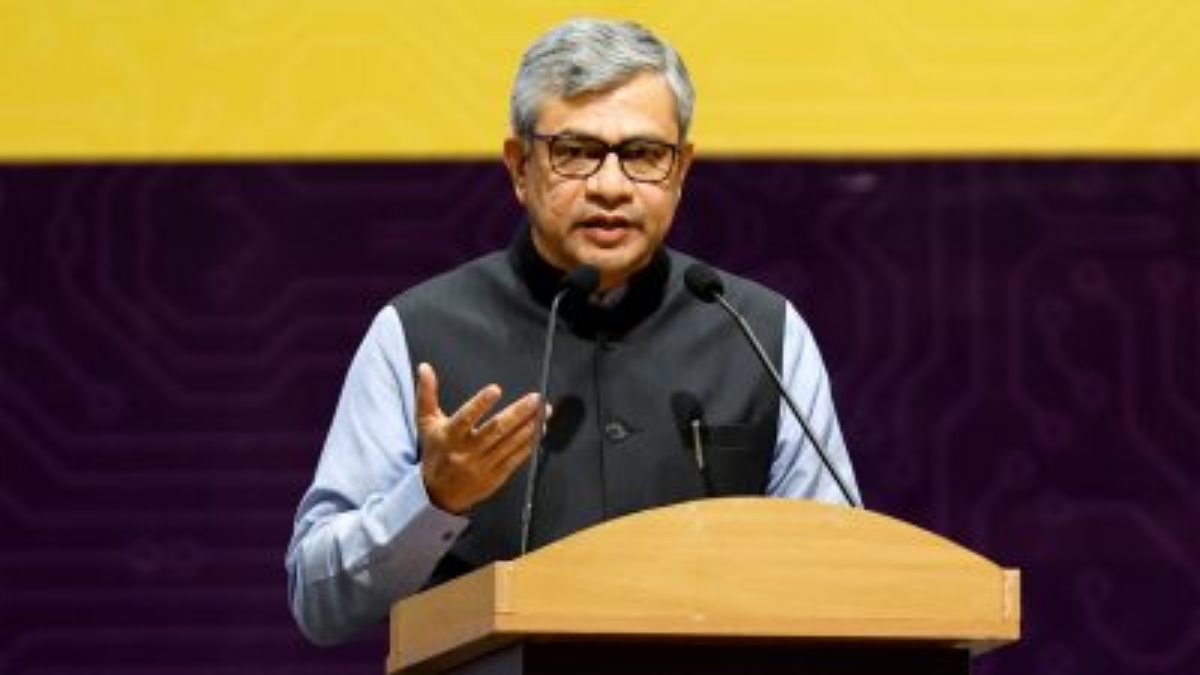Last Updated:
India’s sleep crisis is fuelling a fast-growing wellness economy, where poor rest meets innovation in holistic sleep solutions.

From sleepless nights to a booming wellness frontier, discover why India’s sleep economy is wide awake.
Sleep is no longer just a matter of personal rest, it has become a measurable driver of health, productivity, and even economic growth. Across the world, sleep is recognised as the next big pillar of the wellness economy, and India is rapidly emerging as a frontier market. But first, the country must confront a deepening crisis of inadequate sleep.
India’s Alarming Sleep Deficit
Recommended Stories
“An estimated 60% of Indian adults obtain fewer than six hours of uninterrupted sleep each night, placing the country among the world’s second most sleep-deprived nation,” says Arun Roongta, Managing Director, HGH India. “Consistently short sleep undermines cognitive performance, immune response, and workplace safety. Millions also remain undiagnosed for sleep-related disorders such as obstructive sleep apnoea and insomnia, resulting in lower productivity and higher healthcare burdens.”
The numbers reflect the severity of the problem. Nikhil Kapur, Founder & Director of Atmantan Wellness Centre, points to research showing that nearly 50% of India’s population suffers from sleep deprivation, with 61% of urban residents sleeping less than seven hours a night. “About 72% wake up multiple times through the night, 58% report reduced productivity at work, and 56 million Indians suffer from depression, conditions that are closely linked to poor sleep,” he adds.
The High Cost of Sleepless Nights
The physical, mental, and economic effects of poor sleep are far-reaching. According to Kapur, “Just five nights of four to five hours of sleep can age you by 10 years. Cortisol levels spike, impairing cognitive performance, memory, and decision-making. Long-term deprivation is linked to hypertension, obesity, diabetes, and compromised heart health. Even a one-hour loss of sleep has been associated with a 20% increase in heart attack risk in countries that practice daylight saving.”
Roongta agrees that the rising prevalence of these risks is not just a health crisis, but also an economic one. The combined impact of reduced productivity, workplace fatigue, and mounting healthcare costs underscores the urgency of addressing India’s sleep epidemic.
India’s Growing Role in the Global Sleep Economy
Despite these challenges, both experts see India at a tipping point in the global sleep economy. “Sleep has become a defined pillar of the global wellness economy,” notes Roongta. “India now mirrors the conditions that accelerated this shift elsewhere: expanding disposable income, adoption of sleep-tracking wearables, and double-digit growth in categories like mattresses, bedding, and melatonin-based solutions. Consumers are moving beyond price to demand measurable sleep outcomes.”
Kapur adds that the Asia-Pacific accounts for nearly 25% of the global sleep market, and India is uniquely positioned both as a large consumer base and as a manufacturing hub for pharmaceuticals and sleep aids. “The rise in downloads of sleep apps and wearables shows Indians are increasingly conscious of tracking and improving their rest,” he says.
The Future: From Products to Holistic Ecosystems
While mattresses, pillows, and supplements remain popular, both Roongta and Kapur emphasise that the future of sleep solutions lies in ecosystem-driven models. “Effective sleep improvement requires alignment of physical support, ambient environment, technology, and medical expertise,” says Roongta. “Retail and service formats are evolving into ecosystems where consumers can test mattress firmness, assess air quality, control light and noise, and even undergo basic sleep screenings in one place.”
Kapur agrees, highlighting that sustainable sleep health goes beyond products. “Medicines and mattresses complement sleep, but they don’t individually improve its quality. For that, we need holistic interventions from nutrition counselling and exercise physiology to mindfulness practices, circadian lighting, and bedroom design that supports rest.”
Sleep as the New Wellness Frontier
As awareness grows, sleep in India is shifting from a neglected necessity to a wellness priority. With industry leaders, wellness experts, and consumers aligning towards more holistic, personalised solutions, the country is poised to transform its sleep deficit into an opportunity for innovation, wellness, and economic growth.
“Sleep is not a luxury,” Roongta concludes. “It’s a fundamental driver of health, performance, and prosperity. And India’s sleep economy is only just waking up.”
About the Author

Swati Chaturvedi, a seasoned media and journalism aficionado with over 10 years of expertise, is not just a storyteller; she’s a weaver of wit and wisdom in the digital landscape. As a key figure in News18 Engl…Read More
Swati Chaturvedi, a seasoned media and journalism aficionado with over 10 years of expertise, is not just a storyteller; she’s a weaver of wit and wisdom in the digital landscape. As a key figure in News18 Engl… Read More
September 08, 2025, 17:45 IST
Loading comments…
Go to Source
Author: News18




)